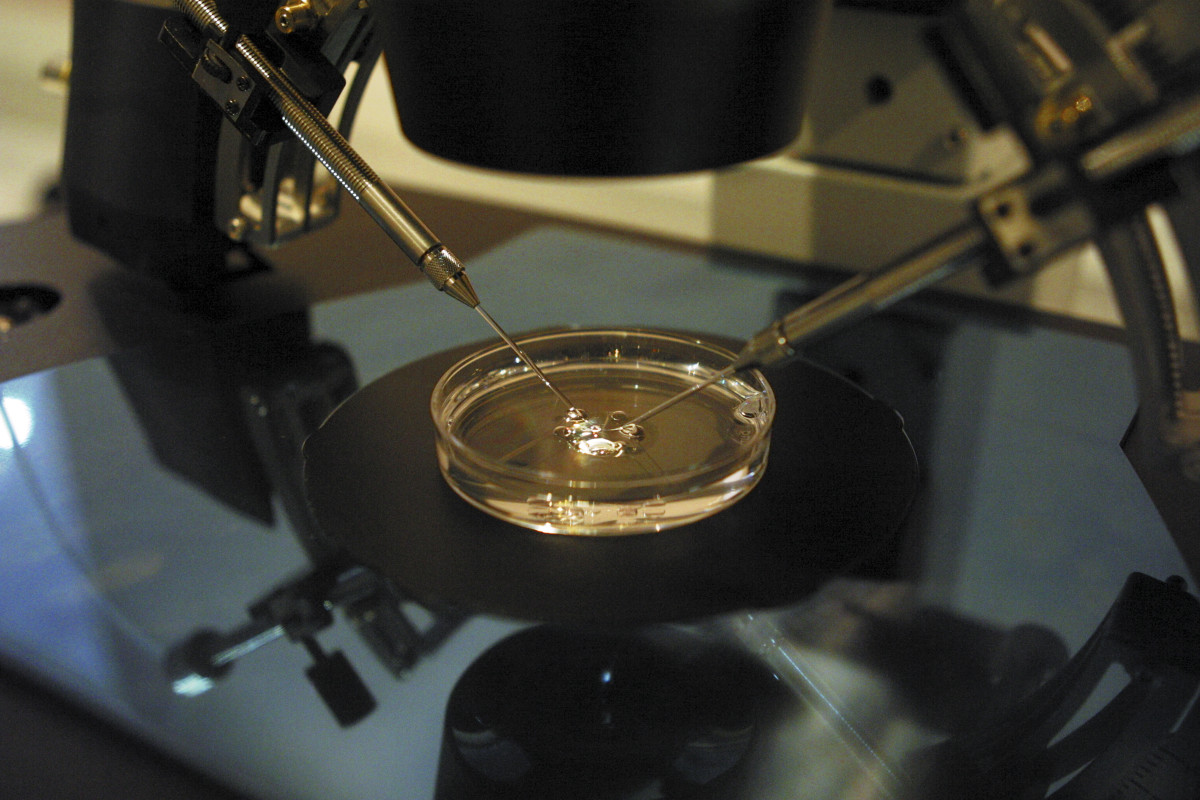A former NFL player is opening up about his infertility diagnosis.
While many people associate infertility with women, it can affect men, too. According to studies, males are solely responsible for infertility in about 20 percent of cases and is a contributing factor in another 30 percent to 40 percent of all infertility cases.
A former NFL player is part of that 30 to 40 percent.
Former NFL player Corey Parchman appeared on “CBS Mornings” Wednesday to open up about his infertility issues. Parchman, who played collegiately at Ball State, was a wide receiver in the NFL. He has gone on to work in real estate and serve as a motivational speaker.
Parchman, who authored the book “IVF Playbook for Men,” admits that he was diagnosed with fertility problems as he and his wife were trying to get pregnant. At the time, he didn’t find many resources for men.
“As I went through the process, there was nothing out there for men that were going through the process,” Parchman said. “There’s a ton of information for women, and it should be, because women carry 99% of the load … So I wanted to create this book as a resource for men.”
The former NFL player and his wife went through five IVF cycles over two-and-a-half years. They endured multiple miscarriages before ultimately having a son.
Parchman admits he was initially shocked by the diagnosis.
“I asked the doctor to do a recheck. You’re not talking about me, are you?” Parchman said. “It’s a shock because as you grow up you think this is the process of having kids. It’s as simple as ABC.'”
It was very difficult for him.
“I’m a person that’s a fixer. I fix things. This situation I had to sit back and put the faith in my doctors and my wife,” he said. “Once you get out of your own way and realize it’s not about you, it’s about your family, the process becomes easier.”
His book is available now.
“It’s being vulnerable, creating a space to express how you feel with your partner or friends,” he said. “I want to speak out and tell men it’s okay to speak out about your feelings and thoughts because we all have them.”







